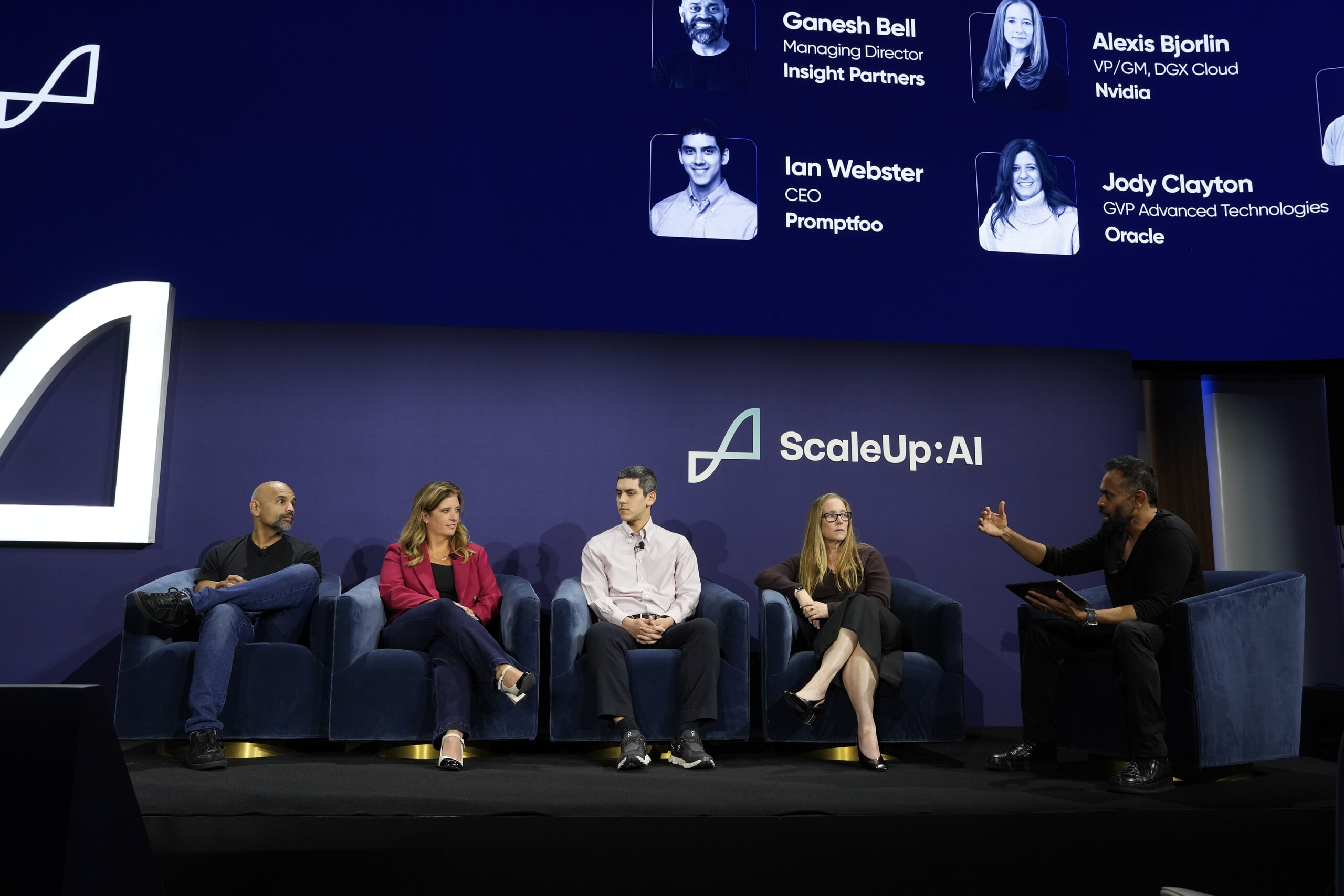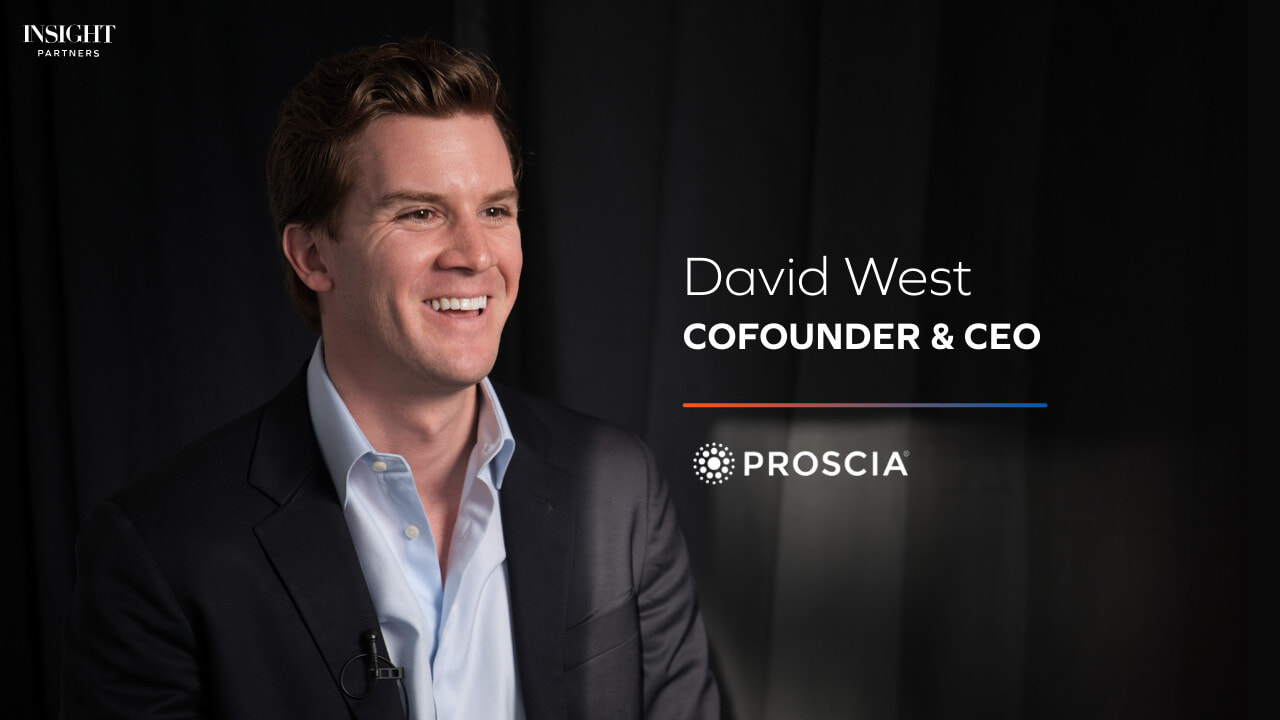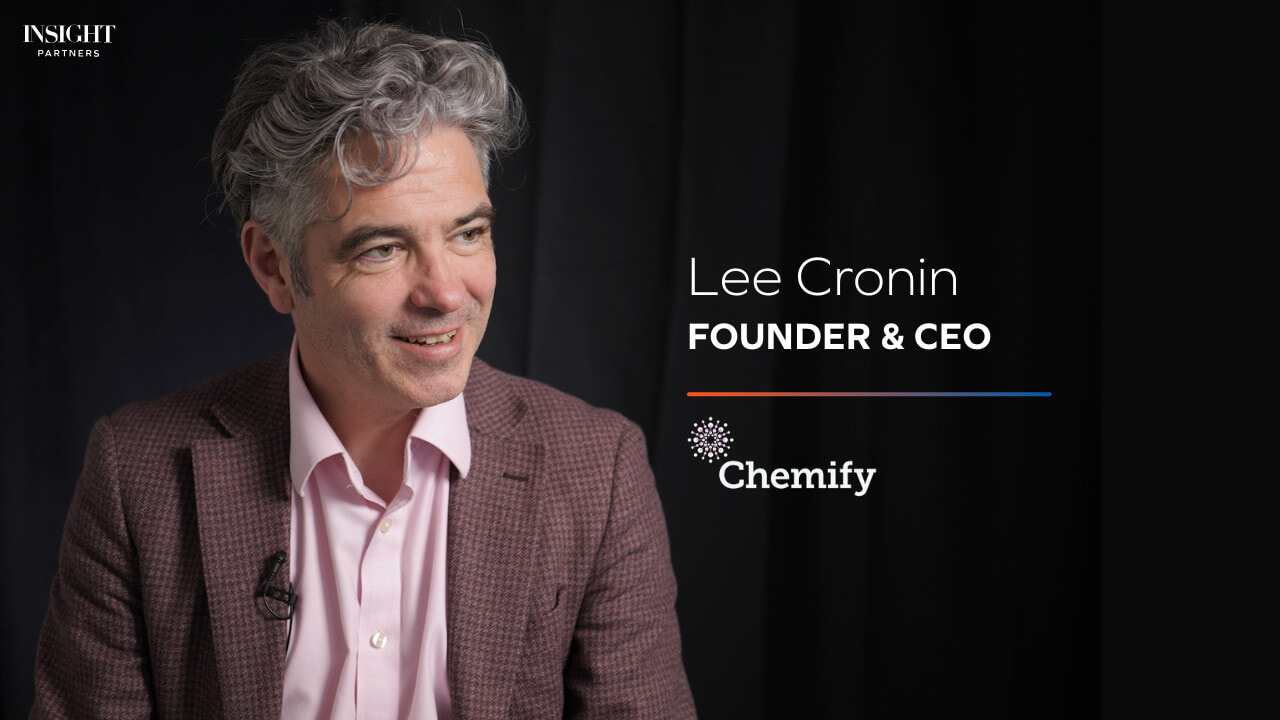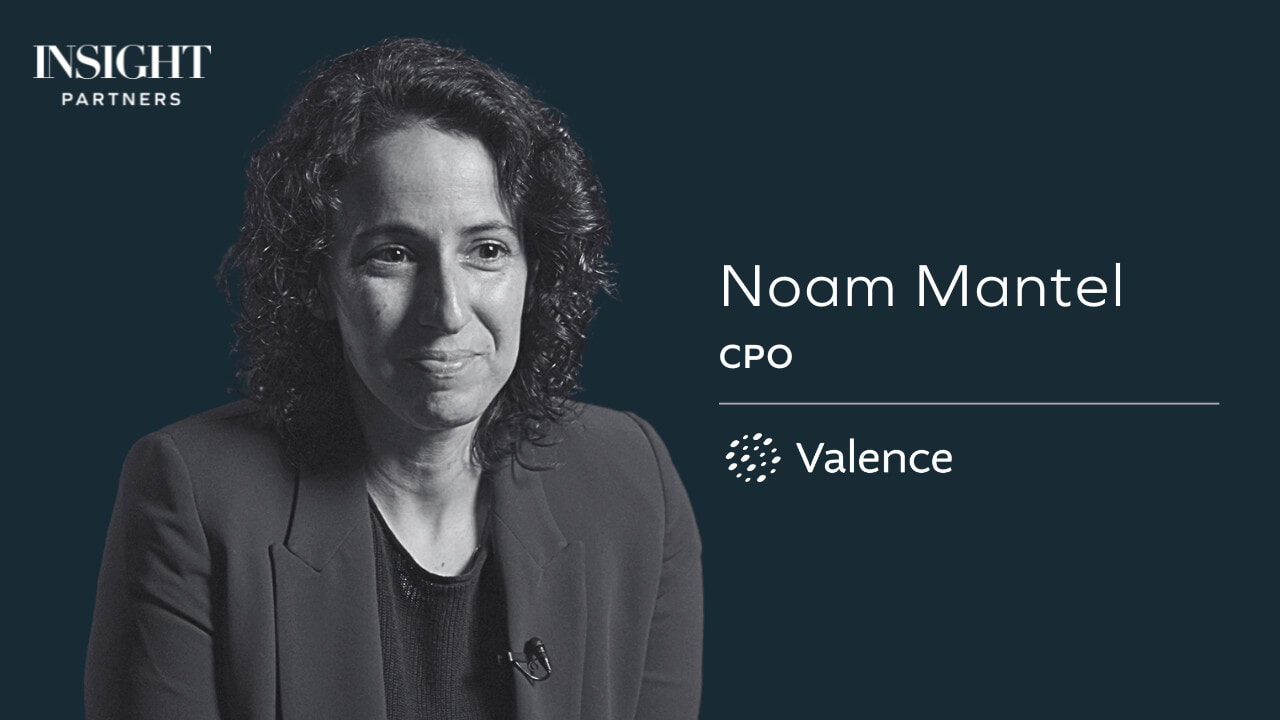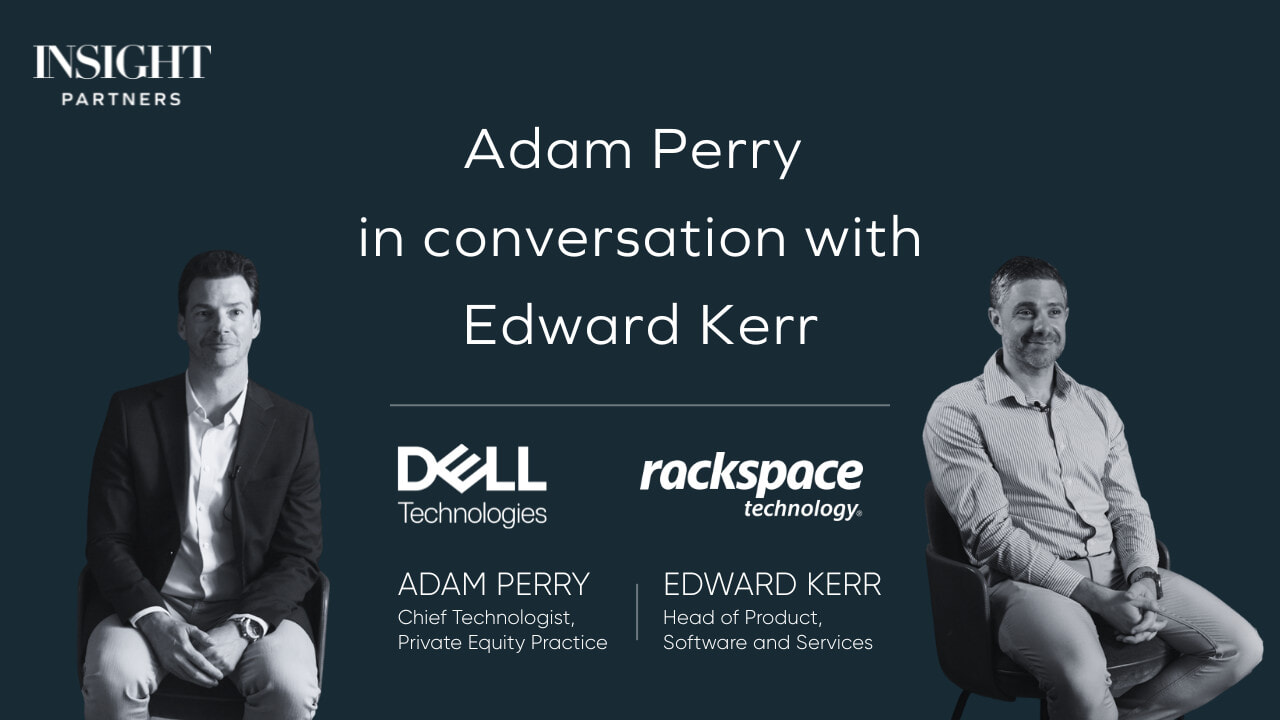How the Mayo Clinic is transforming healthcare with AI
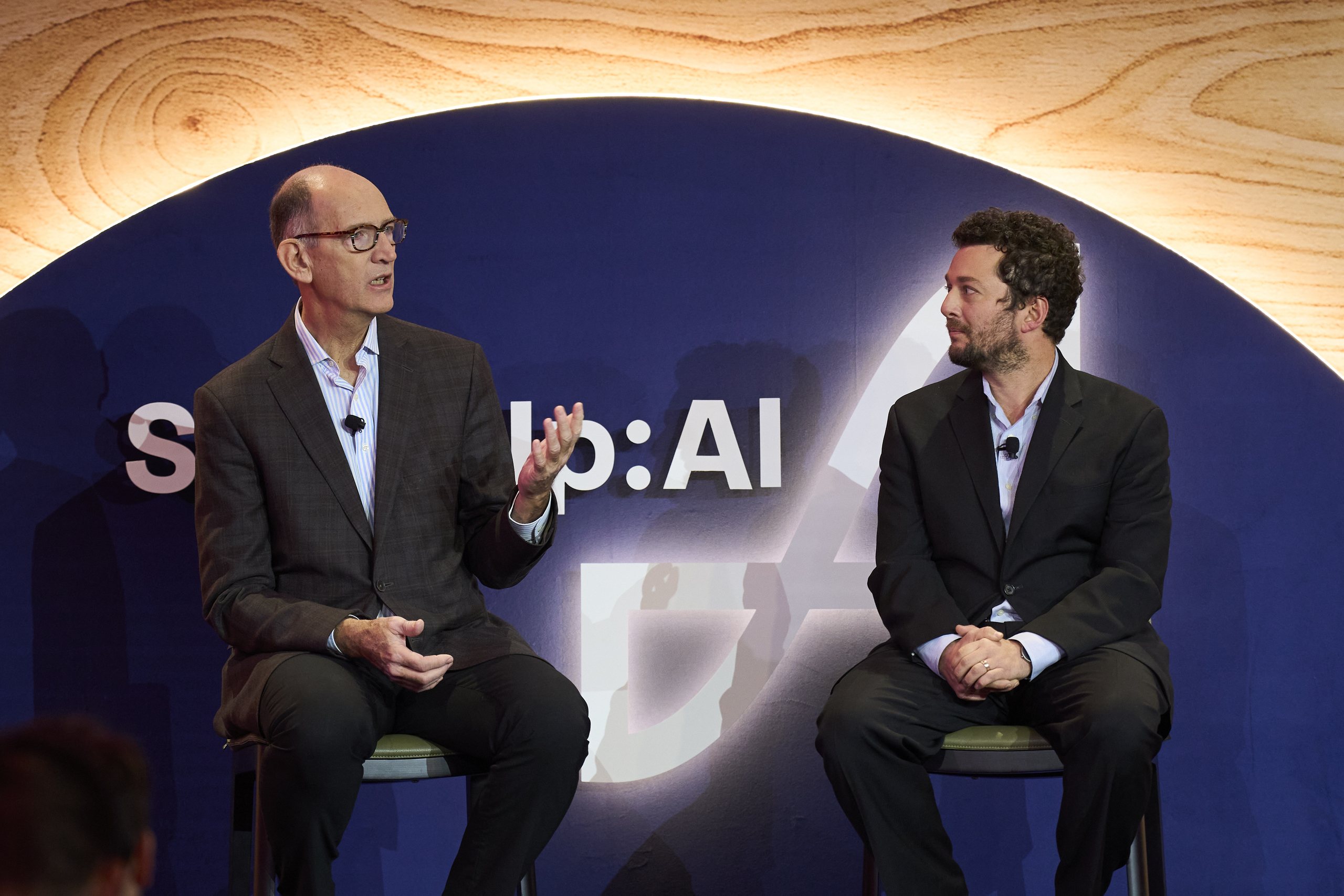
AI is tackling some of healthcare’s most stubborn challenges from diagnosing diseases faster to optimizing hospital operations. But how do leading institutions like the Mayo Clinic turn AI’s potential into real-world impact? With a strategic approach and a commitment to responsible innovation, Mayo Clinic is setting a new benchmark for how AI can enhance patient care and streamline medical workflows.
Key speakers
- Moderator: Gabriel Perna, Modern Healthcare’s Digital Health Editor
- Speaker: Cris Ross, Mayo Clinic’s Former CIO
These insights came from our ScaleUp:AI event in November 2024, an industry-leading global conference that features topics across technologies and industries. Watch the full session below:
Key takeaways
- Workforce shortages: AI can help alleviate the strain by automating tasks and improving efficiency.
- Data complexity: Healthcare generates about 30% of the world’s data, growing at an annual rate of 36%. AI helps structure this data for quality management, reimbursement, and research.
- Patient experience: AI tools are being deployed to improve patient interactions, such as summarizing doctor visits for stressed patients who might struggle to retain information.
- Access, affordability, and quality: AI can optimize medical workflows, reducing avoidable medical injuries and improving treatment quality.
- Cures for complex diseases: AI is already making strides in accelerating diagnostics and treatment strategies for conditions such as atrial fibrillation and cancer.
Addressing healthcare challenges with AI
Workforce shortages and data complexity
The healthcare industry is facing a generational shortage of professionals, which poses significant challenges for patient care. Ross emphasized that AI can help bridge this gap by taking on administrative and repetitive tasks, allowing medical professionals to focus on patient interactions and complex decision-making.
“We have a generational shortage of healthcare professionals.”
“We have a generational shortage of healthcare professionals,” Ross explained. “AI has some challenges in other industries from an ethical perspective on reduction in jobs, but look, if it can do the jobs of people in healthcare, it’s a hero job.”
At the same time, healthcare is one of the most data-intensive industries, with an estimated 30% of the world’s healthcare-related data. This data grows at a staggering 36% annual rate, presenting both challenges and opportunities for AI.
“Doctors want to have conversations with patients,” Ross said. “So what can we do to improve the patient experience by using AI tools to be explainers, so patients can ask questions of a record and have a computer answer in a sensible way, where doctors don’t have time to answer those questions.”
Enhancing patient experience and healthcare accessibility
The stress and confusion that often accompany medical visits make it difficult for patients to absorb and retain crucial health information. AI tools can improve patient experiences by summarizing doctor visits and providing personalized explanations.
Additionally, quality healthcare remains out of reach for many due to accessibility and affordability issues. AI is being used to improve workflow efficiencies, streamline diagnoses, and enhance decision-making to reduce costs and increase care quality.
“We still have tens of thousands of people who are injured every year in the U.S. from medical injury that’s avoidable. So there’s all sorts of things we can do to improve.” Ross noted. AI can help reduce these errors, ensure more efficient triage, and make scheduling and operational management more effective.
Advancing treatments and accelerating disease detection
AI is accelerating disease detection and treatment breakthroughs, particularly in areas like arrhythmia detection, cancer treatment, and transplant matching.
“Some of the stuff that we’ve done in Mayo is, for instance, detection of arrhythmias,” Ross explained. “We’re at the point where the rhythms can be detected on a single lead ECG, meaning something that can be in an Apple watch or some other device. From that, we can both diagnose arrhythmias and treat them. So when a patient goes into arrhythmia, you can take interventions to get them back into rhythm.”
He also highlighted Mayo Clinic’s work with Google on radiotherapy optimization: “We worked with Google to develop algorithms to do better radiotherapy treatment of disease, and we started with head and neck cancers.” With AI-powered radiotherapy, AI can maximize tumor targeting while minimizing damage to surrounding tissue, potentially transforming cancer treatment outcomes.
AI at scale: Mayo Clinic’s enterprise-wide approach
Unlike many healthcare institutions that focus on isolated AI projects, Mayo Clinic has developed an enterprise-wide AI strategy:
Data consolidation: Over a decade, Mayo Clinic unified its electronic health records into a single system, creating a comprehensive, structured patient database.
AI factory: Hosted on Google Cloud’s Vertex AI, Mayo Clinic’s AI factory supports over 250 AI research and deployment projects, integrating models with real-time patient data.
Cloud app factory: Ensuring AI models can be deployed efficiently within workflows, bridging the gap between innovation and clinical application.
“We have two jobs: One is to support technology for the world’s best hospital. The second is to innovate at Silicon Valley speed and put solutions into production.”
“We have two jobs,” Ross explained. “One is to support technology for the world’s best hospital. The second is to innovate at Silicon Valley speed and put solutions into production.”
“We need to go as fast as we can, but no faster than is safe”
As AI adoption grows, Ross urged the industry to focus on the five core challenges he outlined. Looking ahead, he sees a future where startups, research institutions, and cloud platforms collaborate to create transformative healthcare solutions.
“We need to go as fast as we can, but no faster than is safe,” he concluded, reinforcing the importance of responsible AI deployment in healthcare.
With AI-driven solutions already improving diagnosis, treatment, and patient care, Mayo Clinic’s work serves as a blueprint for the future of AI in medicine.
Watch more sessions from ScaleUp:AI, and see scaleup.events for updates on ScaleUp:AI 2025.

